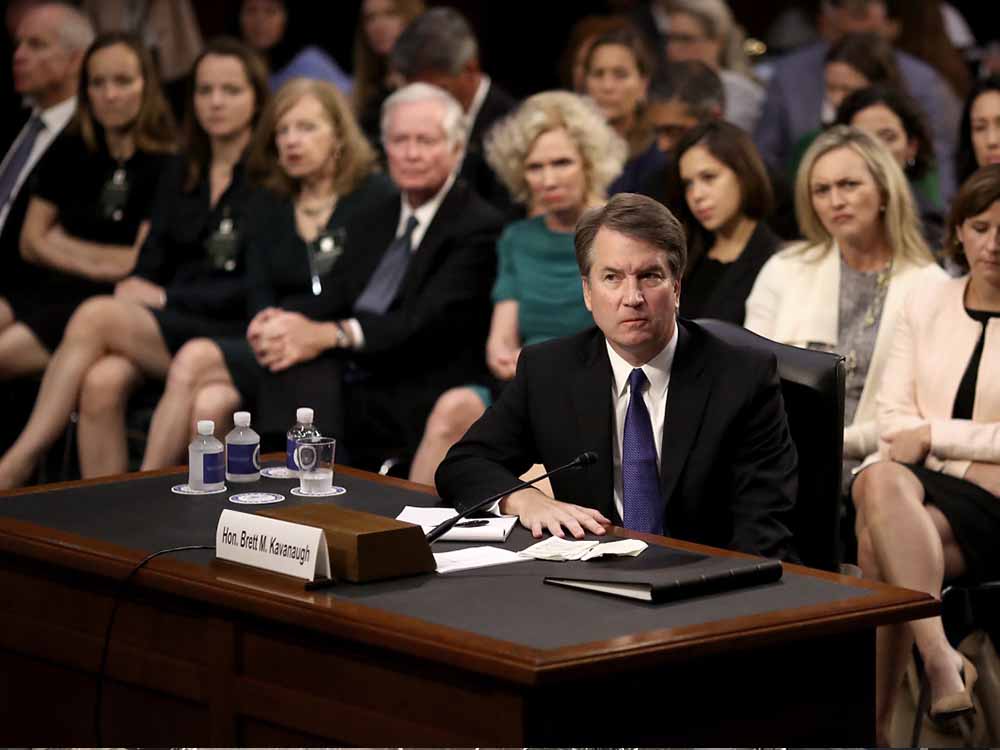The Kavanaugh Confirmation of 2018
The confirmation of Justice Brett Kavanaugh to the United States Supreme Court in 2018 marked a significant and polarizing moment in American political and judicial history. The confirmation process was marred by intense partisan divisions, allegations of sexual misconduct, and heated debates over the role of the Supreme Court. Kavanaugh’s nomination and subsequent confirmation showcased the power struggles between political parties, the significance of judicial appointments, and the enduring impact of the confirmation on the Court’s credibility and the public’s trust.
Nomination and Initial Reactions
President Donald Trump nominated Judge Brett Kavanaugh to the Supreme Court on July 9, 2018, following the retirement of Justice Anthony Kennedy. Kavanaugh, a respected federal judge with a conservative track record, was praised by conservatives for his originalist interpretation of the Constitution. However, his nomination was met with immediate backlash from liberal activists and Democratic senators who feared that his confirmation would shift the Court’s balance to the right, potentially jeopardizing landmark decisions like Roe v. Wade.
Sexual Assault Allegations and Public Outcry
The confirmation process took an even more dramatic turn when Dr. Christine Blasey Ford, a research psychologist, accused Kavanaugh of sexually assaulting her at a house party in the early 1980s. The allegations led to a highly emotional and contentious public hearing on September 27, 2018. Ford’s testimony was followed by Kavanaugh’s vehement denial, during which he expressed anger and frustration at what he perceived as a politically motivated attack on his character
Lasting Impact on the Court and Public Trust
The Kavanaugh confirmation had lasting effects on both the Supreme Court and public perception of the judicial system. Kavanaugh’s presence on the Court solidified a conservative majority, which could influence decisions on issues ranging from abortion to gun rights. The intense partisan nature of the confirmation process further eroded the public’s trust in the judicial branch as an impartial institution. The allegations and the subsequent confirmation raised questions about the handling of sexual assault cases and the credibility of individuals in positions of power.
Lessons Learned and Future Implications
The Kavanaugh confirmation of 2018 serves as a stark reminder of the deeply divided and polarized political landscape in the United States. It highlighted the importance of judicial appointments and the extent to which they can shape the direction of the Supreme Court for decades. The contentious confirmation process underscored the challenges of addressing sensitive issues, such as sexual assault allegations, within a political context. As the Court continues to hear and decide cases that impact the lives of Americans, the legacy of the Kavanaugh confirmation will undoubtedly influence the nation’s discourse on justice, power, and accountability for years to come.











